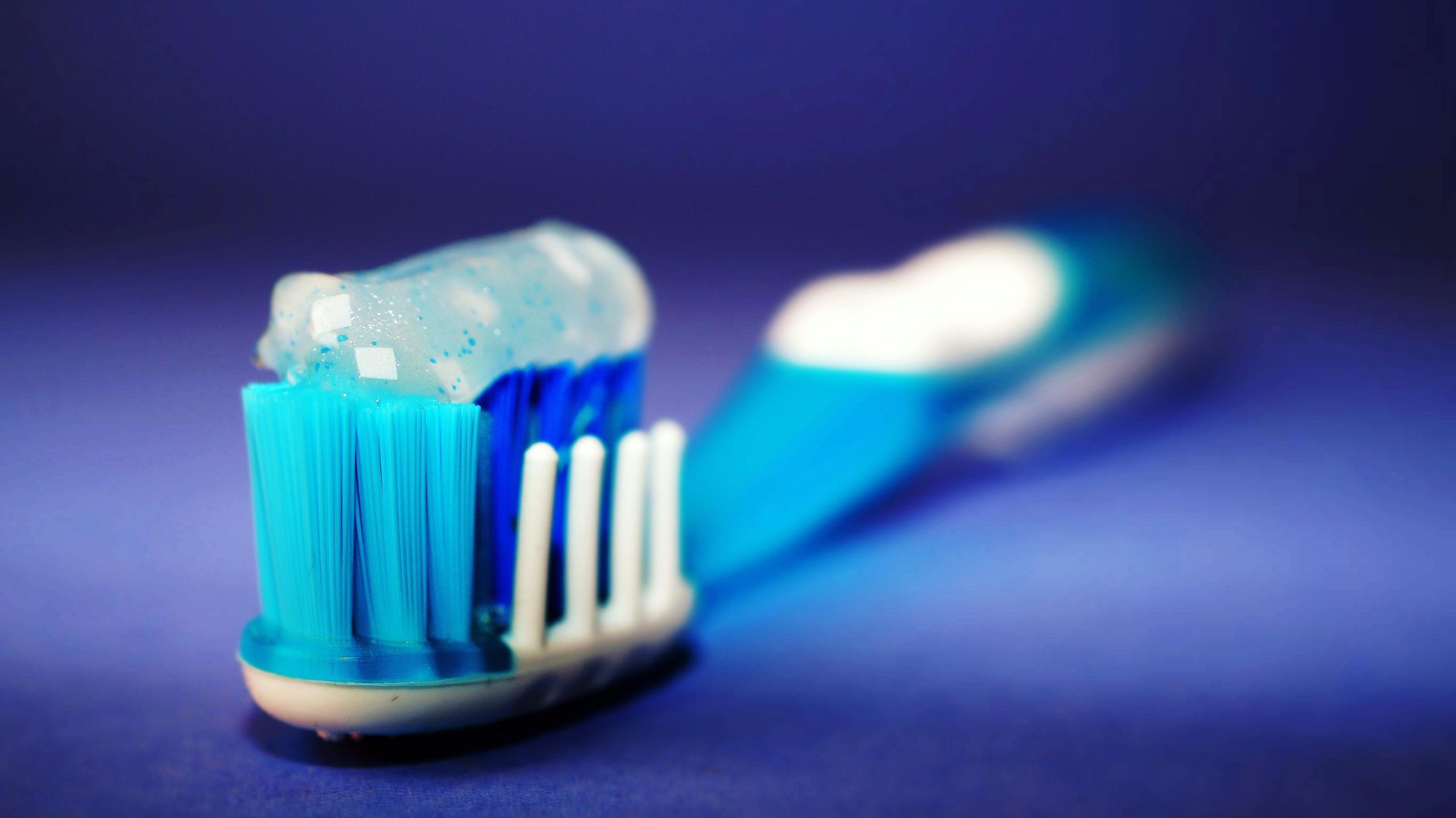You wake up, head to the bathroom, and reach for your toothbrush—but should you brush before or after breakfast? This common morning dilemma has sparked debates among dental professionals and health enthusiasts alike. The timing of your brushing routine can impact your oral health, enamel strength, and even your breath freshness. Let’s dive into the science and expert recommendations to settle the question once and for all.
The Case for Brushing Before Breakfast
Many dentists advocate brushing your teeth before breakfast, and for good reason. Overnight, bacteria in your mouth multiply, leading to plaque buildup and morning breath. Brushing first thing in the morning removes this bacteria and coats your teeth with fluoride, which helps protect against acids from your breakfast.
Benefits of Brushing Before Eating
- Protects enamel: Breakfast foods like orange juice, coffee, and pastries are acidic. Brushing beforehand strengthens your enamel with fluoride.
- Reduces bacteria: Eliminating plaque buildup from overnight reduces the risk of cavities and gum disease.
- Fresh breath: Starting your day with a clean mouth ensures better breath when you sit down to eat.
The Argument for Brushing After Breakfast
Some people prefer brushing after breakfast to remove food particles and prevent lingering tastes. However, this approach has potential downsides, especially if you consume acidic foods or drinks.
Potential Risks of Brushing After Eating
- Enamel erosion: Acidic foods soften enamel. Brushing too soon can wear it down.
- Less fluoride protection: Brushing before eating ensures fluoride stays on your teeth longer.
- Bacteria spread: Sugary or starchy breakfasts feed bacteria, which can multiply if not removed promptly.
What Do Dentists Recommend?
Most dental professionals suggest brushing before breakfast for optimal oral health. However, if you prefer brushing afterward, wait at least 30 minutes after eating to avoid damaging softened enamel. Here’s why:
Expert Guidelines
- Brush with fluoride toothpaste first thing in the morning.
- If brushing after breakfast, rinse your mouth with water first to neutralize acids.
- Use a soft-bristled toothbrush to minimize enamel wear.
Best Practices for Morning Oral Care
Whether you brush before or after breakfast, following these tips will keep your teeth healthy:
Morning Routine Tips
- Floss daily: Remove plaque between teeth before brushing.
- Choose low-acid breakfasts: Opt for oatmeal, yogurt, or eggs instead of citrus or sugary cereals.
- Stay hydrated: Water helps wash away food particles and bacteria.
Conclusion
The best time to brush your teeth depends on your habits and diet, but brushing before breakfast is generally the safer choice for enamel protection and bacteria control. If you prefer brushing afterward, waiting 30 minutes and rinsing with water can help mitigate risks. Ultimately, consistency and proper technique matter more than timing—so keep brushing twice a day and visiting your dentist regularly for a healthy smile!
